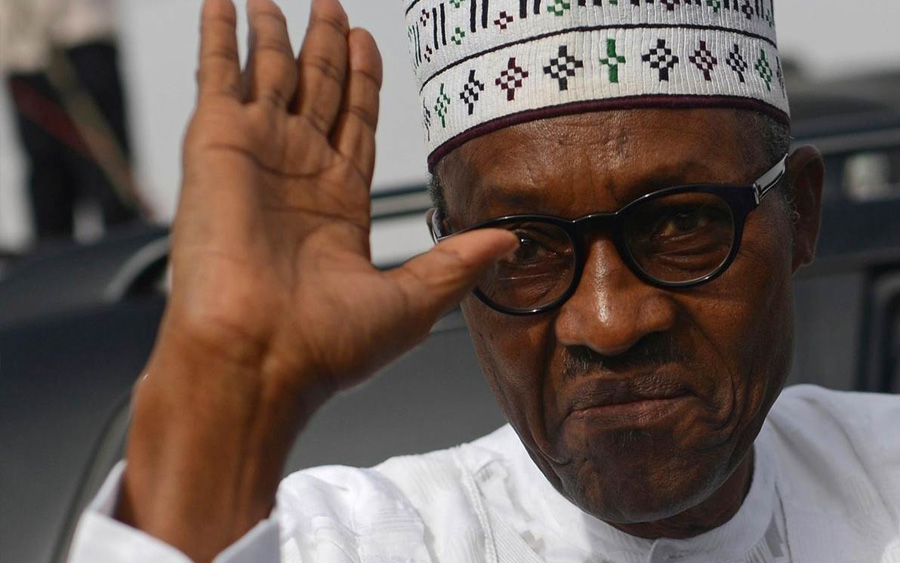As President Muhammadu Buhari won Nigeria’s recently-concluded presidential election for his second term bid, Nigerians who voted-in the president again ‘surprisingly’ do not have demanding expectations from him.
Unlike when he was contesting for the first term tenure, almost all Nigerians wanted a change in government and ease in the country’s economy. It may not be erroneous to say Buhari had won the presidency in 2015, as a result of his campaign on boosting the country’s economy.
Buhari’s ‘change’ mantra, according to the president, was also designed to influence the Nigerian exchange rate. During his presidential campaign in 2015, the president promised to equal naira to the dollar. This was one of the most exciting promises Buhari made to win Nigerians’ heart.
Little did anyone know that the exchange rate would only go from bad to worse. Under his first tenure, naira depreciated in it value by 81.82%, a development no one saw coming.
While an exchange rate is the rate of one country’s currency in relation to another currency, a currency peg is a country or government’s exchange rate policy whereby it attaches, or links, the central bank’s rate of exchange to another country’s currency.
How naira depreciated drastically
The naira has been weakened against the U.S. dollar since June 2015 when the Central Bank of Nigeria (CBN) scrapped the currency peg that had kept it at an artificially-high value of around N198 per $1.
Following the scrapping of the peg, naira lost over 40% of its value against the US dollar. While the Central Bank had pledged to move to a free-floating exchange regime, it intervened in the foreign exchange market after the devaluation to keep the naira within a narrow range of N282 to N285 per USD.
In mid-July, 2015, the apex bank reduced its interventions, causing the naira to depreciate further. On July 28, 2015, the currency fell to a record-low of N322 per USD, which marked a 14.2% depreciation over the same day in June and a 61.8% depreciation in annual terms. Since then, the naira has been fluctuating at low levels. In the same year, the naira traded N321 per USD.
However, naira is currently exchanging at N360 per $1 in the parallel market.
Are Nigerians expecting much?
As mentioned earlier, the demands are not as much as they were in 2015. Nigerians seem to have received the exchange rate under Buhari by 2023 in good faith already.
Some Nigerians have taken to Twitter to predict the exchange rate by the time the president will be ending his tenure, and it’s not far from ‘more depreciation’.
700/$ assuming oil is $65. Are you time stamping this 🧐
— Charlie Robertson (@CharlieTTEcon) February 26, 2019
https://twitter.com/XSEVE_Trades/status/1100622014321229824
N420/$1.00
— Emeka Igwe (@igwechu60114594) February 26, 2019
https://twitter.com/KayTrinity/status/1101162208480890886
https://twitter.com/van_chiggy4/status/1100476564494520325
https://twitter.com/abdulgombe1060/status/1100489031677366272
I can't say for 2023 but all I know is that the Naira will hit N400 in few months this year.
— Timinipere Ababa (@timinipereAbaba) February 27, 2019











